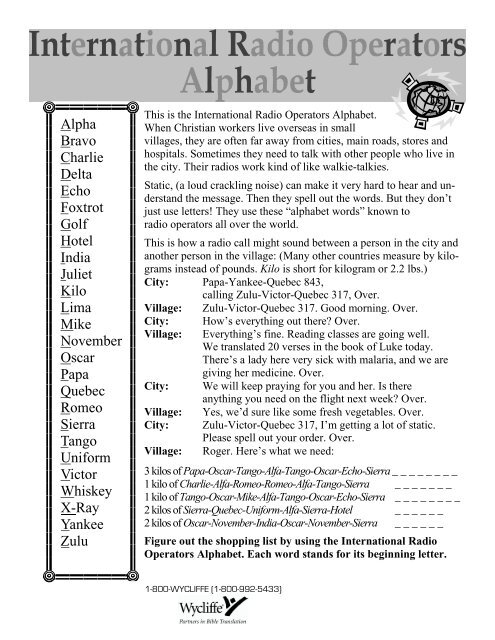

If the period or comma in a sentence needs to be said, they are read as stop and comma. Punctuation marks are only rarely spoken out loud in situations that call for the NATO spelling alphabet. Similarly, in the United States, it is common to say "point" instead of "decimal". When two people speak the same language, they may speak the numbers in their language, even if they use the NATO phonetic alphabet for spelling names.
#ALPHA BETA CHARLIE DELTA ECHO CODE#
These code words are for international usage. For instance, 1,3 and 1.3 (meaning 1 and 3/ 10) are both read out loud as one decimal three. The decimal point in a number is called decimal (pronounced "day-see-mal"), regardless of whether it is written with a period (.) or a comma (,).

The digit 9 is pronounced "niner" (rhymes with "finer") to avoid confusion with the German word "nein" ("no"). 5 is pronounced like "fife" to avoid confusion with "fire". 4 is given its old pronunciation with two syllables: "fower" (rhymes with "lower"), to avoid confusion with the word "for".

3 and 000 are pronounced like "tree" and "tousand", since the English "th" sound is difficult for many people. The pronunciation of some digits is different from English. These may be read hundred and thousand (1300: one three hundred), though reading them out individually is also correct (1300: one three zero zero – but not as "one thousand three hundred", because the code word thousand means that there is a triple "000" in the text). An exception occurs when "00" or "000" appears in a number. For instance, "13" is read as the two digits one three, not as the number thirteen. Like letters in words, each digit of a number is read out individually. Numbers also have code words, but these are very close to the normal English names. These are the R's that are not pronounced in British English. The R's in these two words, as well as at the ends of several other code words, do not need to be pronounced. Two of the code words have a second pronunciation: charlie for 'C' may be pronounced with a French 'ch' sound (an English 'sh' sound: ), and uniform for 'U' may be pronounced without the 'y' sound that occurs in that word in English ( ). The pronunciations of the code words are given in the International Phonetic Alphabet. When this flag appears alone on board a ship, it means Man Overboard.īelow are the symbol flags and NATO code words for each letter of the alphabet. Symbol flag for the letter 'O', spelled out loud by saying " Oscar". There have been many different spelling alphabets over time, but the NATO alphabet is the most commonly used around the world.īetween ships at sea, signal flags are used to stand for letters in order to spell out words. For this reason it is also called a "spelling alphabet". (Each code word begins with the letter that it stands for.)Īlthough it is commonly called a "phonetic alphabet", it is not used for phonetics as the International Phonetic Alphabet is. The NATO code words "papa" and "bravo" are much clearer. For instance, it may be difficult to hear whether a person is saying the letter "pee" (P) or "bee" (B). This is important for accuracy in the military and in air travel and shipping. They are used to spell words when people speak over the radio or telephone, when people from different countries are speaking with different accents, or in other situations where people may not clearly hear the normal names of the letters. The NATO phonetic alphabet is a set of code words for the letters of the Latin alphabet. Not to be confused with International Phonetic Alphabet or Phoenician alphabet.


 0 kommentar(er)
0 kommentar(er)
